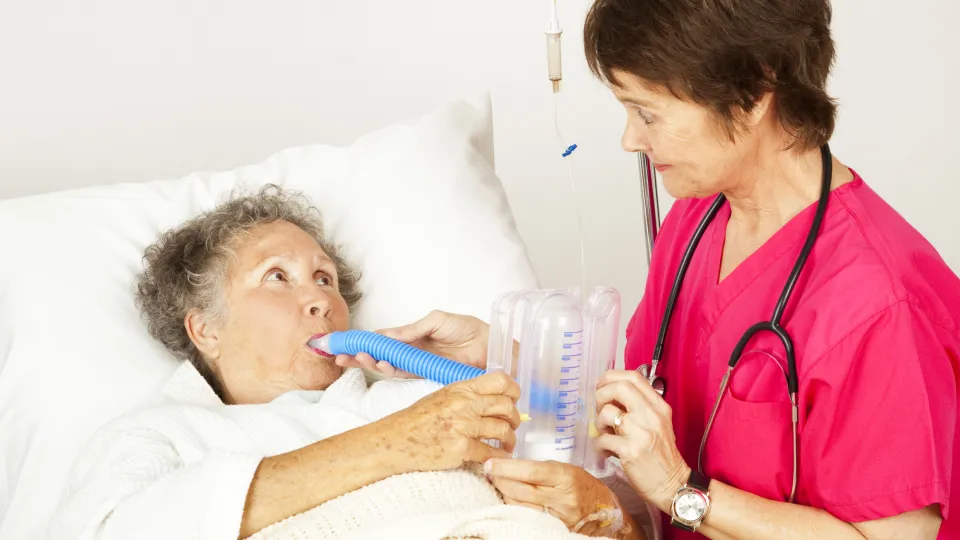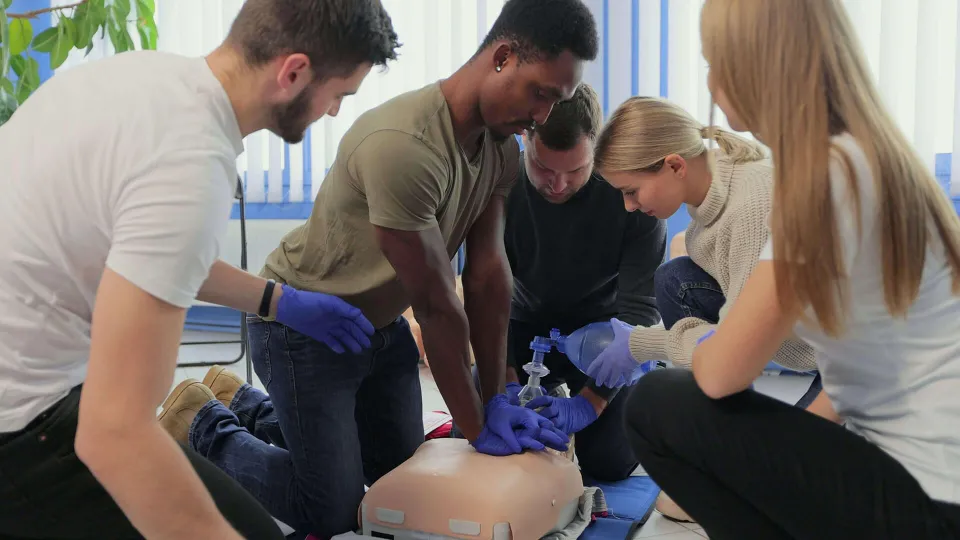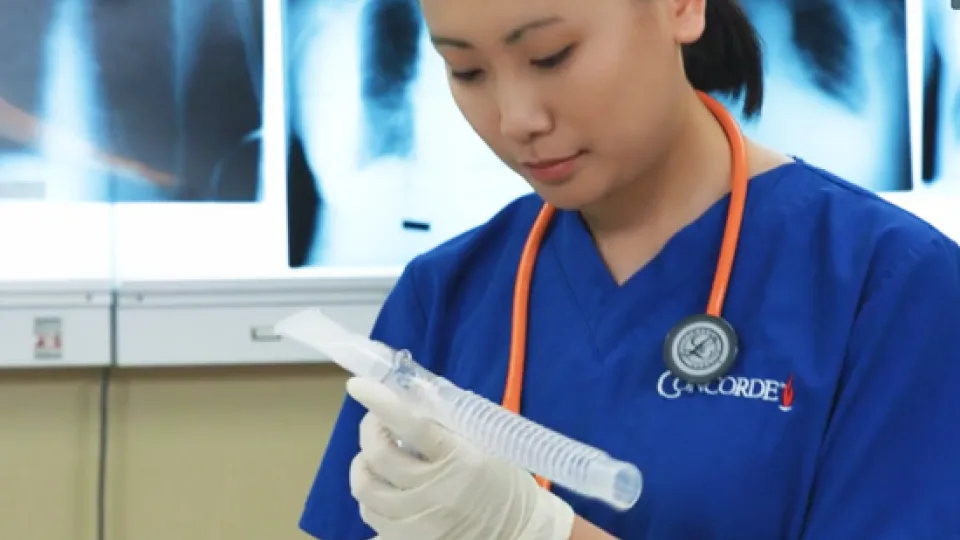
July can be the worst of times for allergy sufferers. Everything is in bloom, but it's also a time when flowers and grass also are drying out in the summer heat, meaning allergens are flying in the wind.
We don't want our Concorde students, alumni, faculty or associates suffering any more than they have to. After all, when you're working hard in your health care training and education, you need to be at your best. So we enlisted the help of some of our resident experts - Concorde respiratory therapist program directors - to provide us with some much-needed tips on how to keep those pesky allergies under control.
Put those Kleenexes away and read on.
Allergy tips from a Respiratory Therapist PD
Allergies create many challenges for the American consumer. According to a study conducted in 2016 by Meda Pharmaceuticals, more than 50 million Americans have nasal allergies that include runny and congested noses, inflamed sinuses, relentless sneezing and other symptoms associated with springtime allergies. The warm weather drives people outdoors, further exposing allergy sufferers to tree pollen and exacerbating the problem.
Sylton Hurdle, BSRT, RRT, Director of Concorde respiratory therapist programs in Garden Grove, CA, suggested the following steps if you suffer from allergies.
- Keep on hand over-the-counter medications such as Zyrtec or Claritin. Consult your physician before taking if you have high blood pressure. Take daily if you have symptoms. Don't wait until you are in distress.
- Avoid sleeping with windows open. An estimated 25 million Americans have ragweed allergies, and this pollen can be carried up to 400 miles in windy conditions.
- Avoid mowing lawns and doing yard work in dusty areas. If you must, wear appropriate dust masks/respirators that filter air down to the micron size.
- Keep your home clean and free of as much dust as possible.
- Make sure to get proper rest.
"If you are not finding relief from your symptoms, losing sleep, having chronic headaches and feeling miserable, consider seeing an ear, nose & throat physician or allergist," Hurdle said. "They specialize in treating this condition and can help resolve your symptoms."
Avoid allergic triggers
Other Respiratory Therapist experts suggest simply avoiding the allergens that trigger symptoms.
"There is not much that can be done for allergy sufferers other than removing yourself from the allergens," said Tommy Rust, MEd, RRT, RCP, FAARC, Director of Concorde respiratory therapist programs in Dallas, TX. "That's not possible, so we must take precautions when going outdoors. Masks are available to filter out the allergens while working outdoors.
"Nasal washes and eye drops with normal saline are effective in removing allergens. Over-the-counter antihistamines provide temporary relief."
Leeann Forsythe, RRT, BHSc, Director of Concorde respiratory therapist programs in Portland, OR, suggested the following:
- Avoid triggers, or if you don't know your triggers, get tested.
- Daily OTC antihistamine.
- Daily nasal irrigation.
- Drink plenty of water or clear fluids.
- Decongestants and mucolytics only when needed.
Take The Next Step Towards a Brighter Future
Interested in learning more about our Respiratory Therapy program?
We have a Concorde representative ready to talk about what matters most to you. Get answers about start dates, curriculum, financial aid, scholarships and more!







